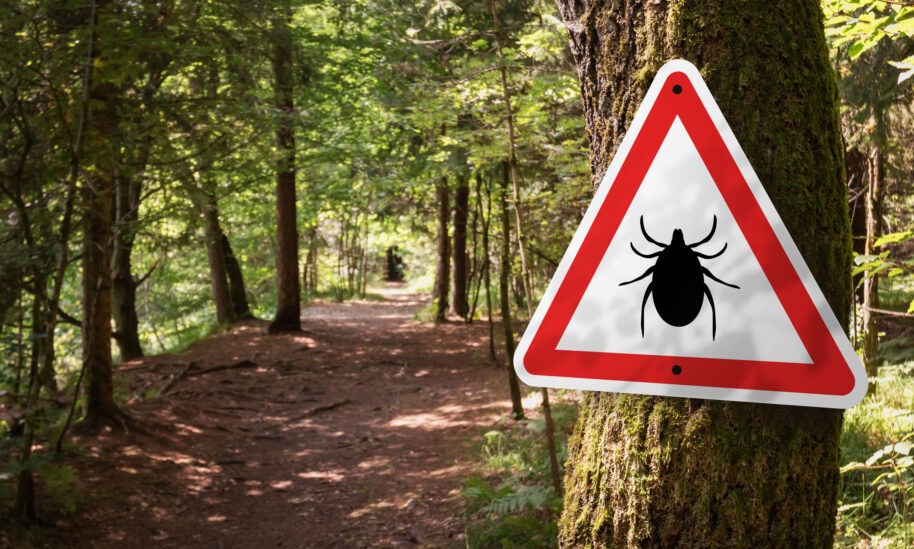Hoffman’s Exterminating shares tips for preventing the spread of tick-borne illnesses.
As the long days of summer stretch into August, many people across South Jersey will take advantage of the last few weeks of warm weather by spending an increased amount of time enjoying Mother Nature. However, more time outside can sometimes increase the risk of coming into contact with ticks and tick-borne diseases. Hoffman’s Exterminating reminds residents to make tick prevention a top priority before heading outdoors.
“Tick-borne diseases, especially Lyme, are a major health threat during the late summer and early fall months. As ticks are most often found in wooded areas and are especially fond of high grass and low-growing vegetation along the edge of trails, we advise people to stay on trails and wear tick repellent and long pants when venturing outdoors,” said William T. Hoffman, President & CEO of Hoffman’s Exterminating. “Homeowners should also take steps to make their property inhospitable to ticks by keeping grass cut low.”
The National Pest Management Association (NPMA) offers the following tips for preventing tick bites on your property and while spending time outdoors:
- Wear a bug spray containing at least 20 percent DEET when outdoors, and reapply as directed on the label.
- Wear long pants, long-sleeved shirts and closed-toe shoes when outdoors, especially in wooded areas or tall grasses. Light-colored clothing will make it easier to spot ticks and other insects.
- When hiking, stay in the center of trails, away from vegetation.
- Take steps to keep your own yard tick-free. Keep grass cut low and remove weeds, woodpiles and debris, which can attract ticks and other pests.
- Inspect your pets regularly for ticks, as pets are susceptible to tick-borne illnesses and health-related issues. Consider applying a monthly treatment to help protect your pets from ticks.
- Inspect yourself and your family members carefully for ticks after being outdoors.
- If you suspect you have a tick problem, contact a licensed pest professional who can inspect and recommend a course of action to reduce or eliminate ticks on your property.
For more information on ticks, please visit the Hoffman’s website.



